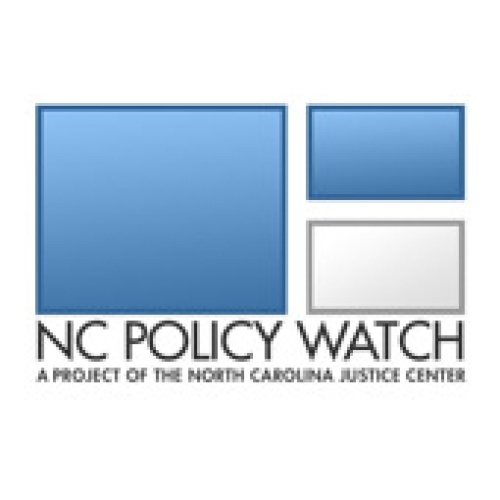Politicians mislead on NC voucher program

By Christopher Hill, NC Policy Watch
One of the things people rightfully dislike about their government is when they are not told the truth. Sadly, in the ongoing debate about North Carolina's new school voucher plan many politicians have been doing just that.
In an apparent effort to lessen the controversy, some legislators have been claiming that that it is "essentially a pilot program." It is not. The "Opportunity Scholarship Act" is a full-blown government program similar to ones that have failed miserably in several jurisdictions. It has no expiration date and its sponsors have made plain their intention to expand it.
In explaining the education budget, one state senator wrote:
In regards to the Opportunity Scholarship Act, this is a pilot program for low income families. Many children in low income families are forced to attend low-performing schools because they do not have the opportunity that wealthier families have to move to better schools. We simply want to make sure that everybody has the same opportunity to succeed; it is by no means a sign that lawmakers lack confidence in our public schools.
At least four obvious responses deserve mention:
First, there was nothing in the language of the budget bill (Senate Bill 402) or the House committee meetings at which a stand-alone voucher bill was heard that ever indicated that the scheme was or is, in any way, a "pilot" program. Though the final product is not as extensive as the original plan to spend $100 million over three years on a program that would serve both low-income students and middle-class families, voucher are, by all indications, here to stay.
Second, low-income families would not be "forced to attend low-performing schools" if this legislature were not so adamant about draining resources from our public school by providing money to unaccountable private schools. If legislators really wanted to assist low-income students, they would not put money in a program that has never shown any evidence of raising student achievement.
Third, this voucher program does not help a majority (or even a large percentage) of low-income students. Only a few students, if any, stand to benefit at from this program -- a program that has failed in Milwaukee, Cleveland and Florida. Most students will remain in public schools. The amount of money provided in the voucher is unlikely to allow any low-income family to pay for any school worth attending. Indeed, there is no requirement for private schools to even accept any students who receive vouchers. Private schools are likely to want to enroll only the best students. The struggling students that the voucher scheme purports to help can be barred from admission through entrance exams or past academic performance, or a variety of non-academic reasons.
Fourth and finally, if this legislature really had confidence in public schools and cared about low-income students, it would follow the constitutional mandate to "provide through taxation or otherwise a general and uniform system of free public schools." The constitution requires funding for public schools. There is no mandate to take state money and provide it to private schools.
The people of North Carolina depend on legislators to be honest with them. They need to be told the truth. Sadly, when it comes to the new school voucher program, some of our leaders are falling short.
Tags
NC Policy Watch
A project of the N.C. Justice Center, N.C. Policy Watch is a news and commentary outlet dedicated to informing the public and elected officials as they debate important issues and to improving the quality of life for all North Carolinians.
